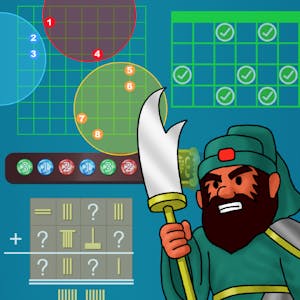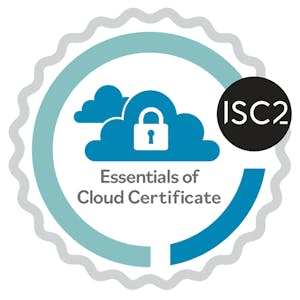Agile Innovation and Problem Solving Skills

$49
ENROLL NOWCourse Overview
Innovative products and services change lives, and having the right innovative process creates an competitive advantage. Ultimately, innovation is about one thing: problem solving. As an agile problem solver, you'll need to expand your critical thinking skills to address the key sources of risk in developing best solutions for your new products and business lines. The Problem-solving techniques covered begin with problem definition, beginning with job descriptions and applying the right soft skills to enhance requirements gathering. This ensures you're targeting a good problem to solve, and that you understand the business model. The course then moves on to practices such as "brainstorm and storm drain" to target new creative solutions. You will learn how innovation works on fast feedback cycles to test possible solutions and target root causes of defects. Creative thinking isn't a straight line, and neither should the problem-solving process be a straight line. Each course of action needs early and frequent testing. By following best practices of Agile, including timeboxes, constraint-based thinking processes, and empathetic problem solving, you'll learn how to provide a sustainable innovation environment for your teams.
Course FAQs
What are the prerequisites for 'Agile Innovation and Problem Solving Skills'?
Prerequisites for this continuing education class are set by University of Maryland, College Park. Most professional development online classes benefit from some prior knowledge. Please check the provider's page for specific requirements.
Will I receive a certificate for this CE class?
Yes, upon successful completion, University of Maryland, College Park typically offers a shareable certificate to showcase your new skills and fulfill your continuing education requirements.
How long does this online course take to complete?
Completion times for online continuing education courses vary. The provider's website will have the most accurate estimate of the time commitment needed.





